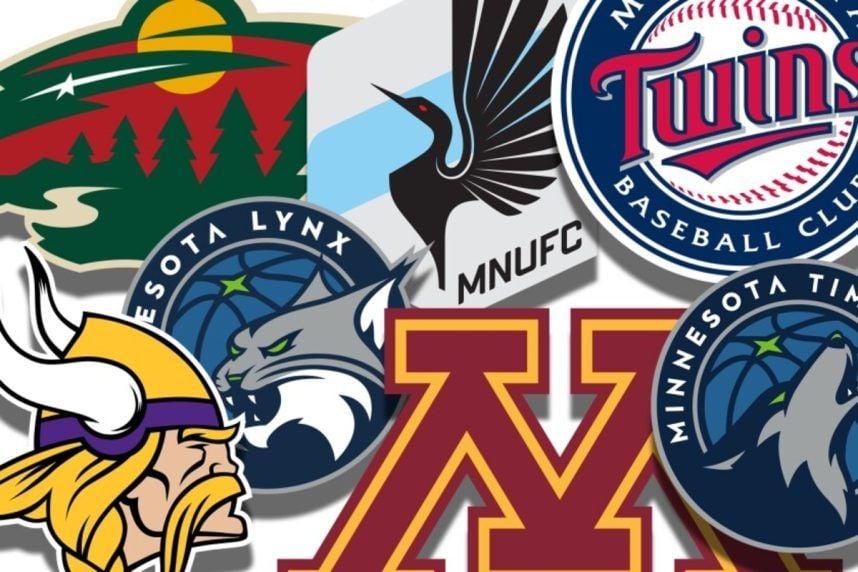Important information - .
The odds are good that Minnesota will join 39 other states and Washington, D.C., in passing legislation authorizing gambling on sports in 2025.
 Minnesota sports fans might soon be able to bet legally on their beloved teams. A push to legalize sports betting is expected to resume when the Minnesota Legislature convenes later this month. (Image: Casino.org)
Minnesota sports fans might soon be able to bet legally on their beloved teams. A push to legalize sports betting is expected to resume when the Minnesota Legislature convenes later this month. (Image: Casino.org)The Minnesota Legislature convenes for its on Jan. 14. State Sen. Matt Klein (DFL-Dakota County), who championed the upper chamber s sports betting bill last year that stalled in May amid the arrest of a state senator and partisan politics, plans to file new legislation to bring legal sports betting to Minnesota.
The argument I always make is people are already doing it in illegal and unregulated markets, usually offshore markets, Klein told the . That s only going to increase. If we want a responsible and safe and taxable sports wagering process in Minnesota, we need to pass a bill.
Opponents remain, primarily those who think sports gambling will result in gambling addiction and the social problems that come with such a disorder. Klein says his measure will include additional responsible gaming safeguards than did his 2024 bill.
There are people who are really concerned about gambling addiction, family bankruptcy, and devastation, Klein added. I ve put some real safeguards in the bill to try and answer those concerns. If we pass the bill as I ve introduced it, it will be the safest sports wagering bill in the nation.
2024 EffortLawmakers in the Saint Paul Capitol nearly found common ground last year to bring legal sports betting to the Gopher State. State senators and House representatives compromised on Klein s Senate File 1949 and its House counterpart, House File 2000.
The that tribal nations holding Class III gaming compacts with the state would receive exclusive privileges to retail and online sports betting. While the tribes would have retained their in-person sports gambling proceeds, they would have shared 22% of their online sportsbook revenue with the state.
Of the state s tax proceeds from , 45% of the funds were to be directed to the General Fund, 15% to Minnesota s two horse racetracks, 10% to problem gambling programs, 10% to recruit major sporting events to the state, and 5% to support youth sports. The remaining 15% would go to a tribal equalization fund, which would benefit smaller tribes whose partnered online third-party sportsbook generated fewer proceeds than larger, richer tribes that might partner with the industry s dominant leaders FanDuel and DraftKings.
Minnesota MarketMinnesota doesn t have commercial casinos, but commercial sportsbooks have relationships with Native American tribes in several states, including Arizona, Michigan, Washington, and Wisconsin. Minnesota is attractive with nearly 5.8 million residents, many of whom are sports-obsessed with the state home to franchises in all five professional sports leagues the NFL, MLB, NBA, NHL, and MLS.
U.S. Bank Stadium, home of the Minnesota Vikings, hosted Super Bowl LII in February 2018 and the NCAA Final Four in April 2019.
The Minnesota Legislative Budget Office estimates that legal could generate nearly $90 million annually in state tax revenue.
Share this article




